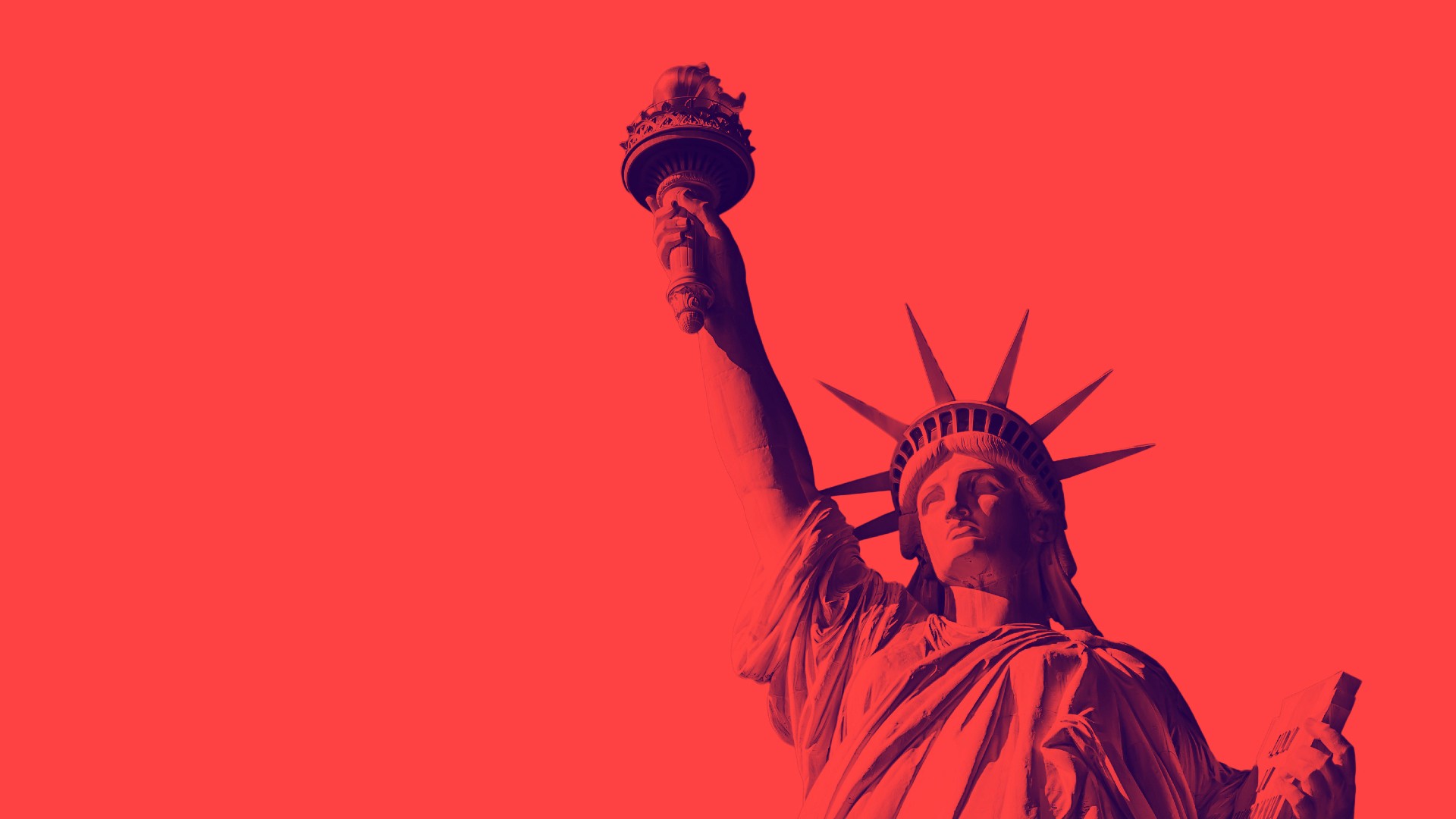Mark Leonard discusses the state of international institutions and the challenges they face.
Question : Are International Institutions up to the challenge of Globalization?
Mark Leonard: I think that’s maybe the most interesting difference between the institutions which the U.S. created after the Second World War, which have been absolutely central to the peace and prosperity in the late 20th century, and the new institutions, which have been developed since the end of the Cold War, which will be central to dealing with a globalized world. There’s a big difference between the United Nations and the other Britain world institutions, which were largely about protecting the sovereignty of states, protecting them from external interference in their affairs, to stop war between countries largely. And then newer institutions, like the World Trade Organization, the International Criminal Court, the Kyoto Treaty, and the Emissions Trading Scheme, which the European Union developed, which are not about trying to protect countries from external interference, but are, in fact, trying to regulate the behavior of countries very much by interfering with how they run themselves. And those new institutions are modeled and inspired by the experience which European countries have had within their own continent. And I think that those are the sort of institutions which capture the future. We are going to need to create a whole series of new institutions to deal with the problems that we’re facing now, to deal with nuclear proliferation, to deal with environmental catastrophe, and I think that the older institutions created after World War II are either going to have to be dramatically reformed so that they look more like this new wave of institutions, or they will kind of collapse and be superseded by
entirely new institutions.





